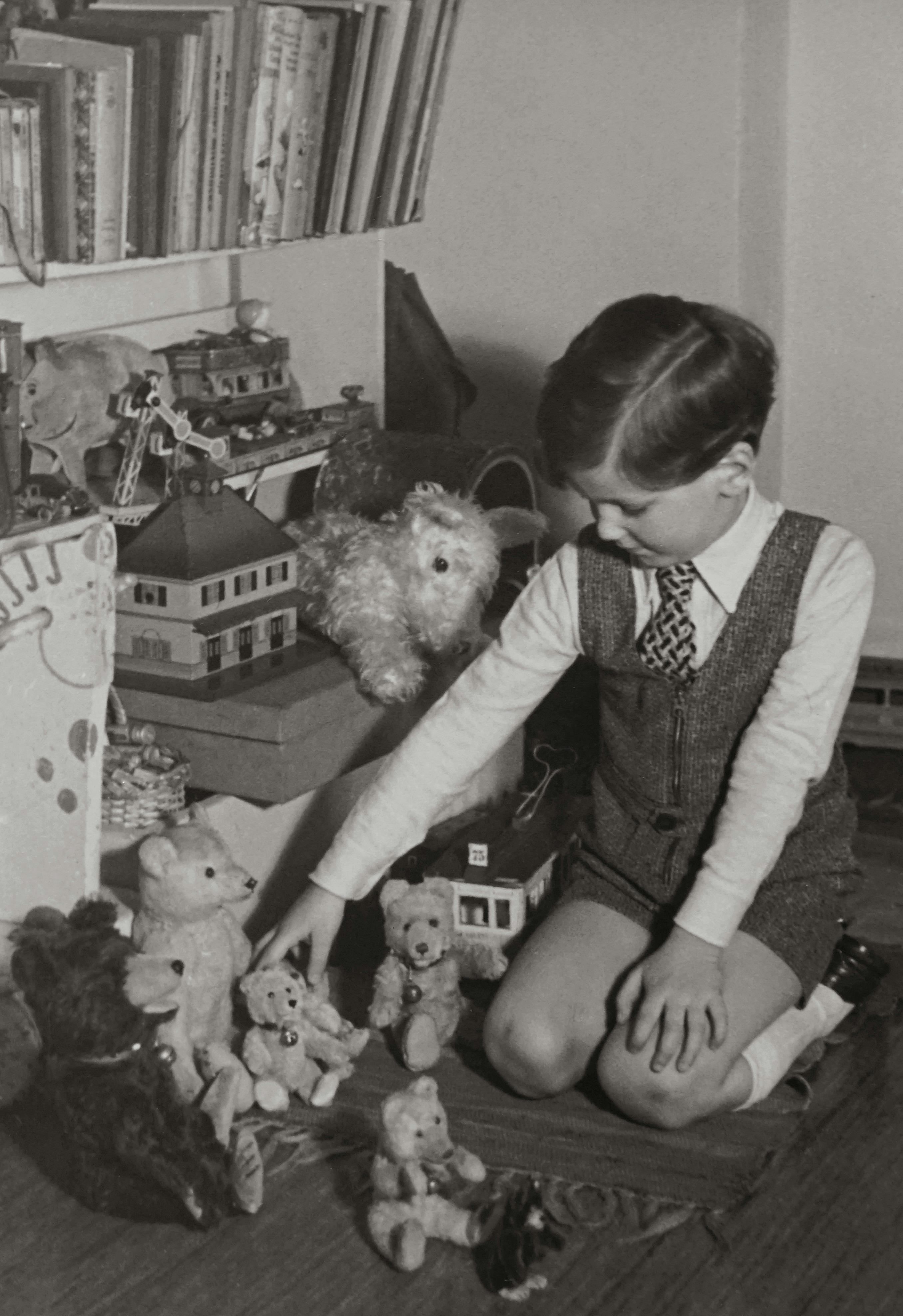
Soft toys, often known as plushies or stuffed animals, have been beloved companions for children for generations. Beyond their cuddly appearance, these toys offer a wealth of benefits that contribute to a child's emotional, social, and cognitive development. Let’s explore the myriad advantages of incorporating soft toys into your child’s life.
1. Emotional Comfort and Security
Soft toys provide a sense of comfort and security for children. They often serve as a source of reassurance during stressful moments, such as starting school, dealing with a new sibling, or navigating the challenges of growing up. The soft, tactile nature of these toys can be soothing, helping to calm anxiety and promote relaxation.
2. Social Development
Children often engage in imaginative play with their soft toys, creating scenarios and dialogues that enhance their social skills. This type of play allows them to practice empathy, cooperation, and problem-solving as they navigate interactions between their toys. By personifying their plush friends, children learn to express emotions and develop a better understanding of relationships.
3. Fostering Imagination and Creativity
Soft toys encourage imaginative play, allowing children to invent stories and scenarios. This creative outlet helps develop cognitive skills and enhances their ability to think abstractly. Whether they’re hosting a tea party for their stuffed animals or going on an adventure, these imaginative activities stimulate cognitive growth and foster a love for storytelling.
4. Sensory Development
The varied textures, colors, and sizes of soft toys engage children’s senses. This sensory play is crucial for young children as it helps them explore their environment and develop fine motor skills. The act of hugging, squeezing, or manipulating soft toys can enhance tactile sensitivity and promote hand-eye coordination.
5. Encouraging Responsibility and Care
Caring for soft toys can teach children responsibility. Whether it’s putting their plush friends to bed, feeding them, or dressing them up, these activities allow kids to practice nurturing behavior. This sense of responsibility can extend to real-life situations, helping children learn to care for others and understand the importance of empathy.
6. Building Language Skills
Playing with soft toys often involves conversations, storytelling, and role-playing, all of which contribute to language development. As children interact with their plush companions, they expand their vocabulary and improve their communication skills. This playful dialogue fosters a love for language and enhances literacy as they begin to read and write.
7. Comfort During Transitions
Life transitions, such as moving to a new home or starting school, can be challenging for children. Soft toys can provide a tangible link to home and familiarity during these times of change. Having a beloved plush companion can help ease feelings of loneliness and provide a sense of continuity.
8. Promoting Mental Health
Soft toys can play a significant role in promoting mental well-being. They offer a safe outlet for children to express their feelings, whether through play or by confiding in their plush friends. This can be particularly beneficial for children who may struggle to articulate their emotions or process complex feelings.
Soft toys are more than just adorable companions; they are valuable tools for emotional, social, and cognitive development. From providing comfort to fostering creativity, the benefits of these plush friends are vast. Encouraging your child to engage with soft toys can enrich their playtime and contribute positively to their growth and well-being. So, whether it’s a teddy bear, a fluffy bunny, or any other cuddly companion, remember that these toys play a significant role in your child’s development and happiness.